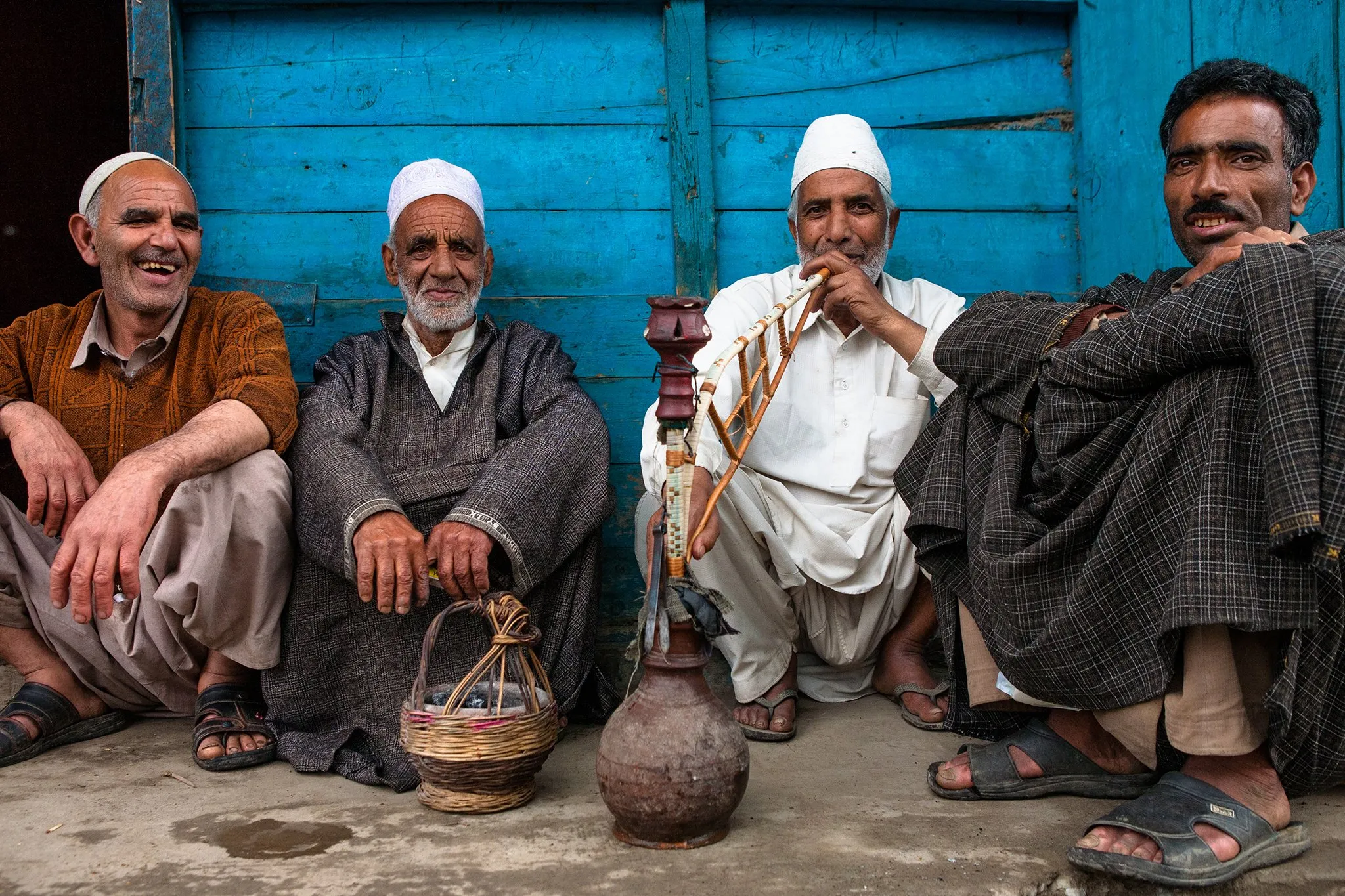Dr. Faiz Qaziabadi is a well-known literary figure. He has written many works – Tafhimi Iqbal, Lafz Lafz Khushbu, Aahe Sahar Gahi, Madaris and Urdu, Prof. Bashir Ahmad Nehvi Qadam ba QadamAnd Admi Musafir is.
Aadmi Musafir Hai Is a collection of 93 microfictions of 144 pages published by Brar Sons Malerkotla. Prof. Aslam Jamshedpuri commenting on the art and skill of Dr. Faiz says that in his stories he has reflected the everyday life of Kashmir through local characters and has also highlighted random events and tragedies that take place there. He has widely praised his literary skill.
Dr. Salik Jamil while writing the book and the author has summarized the historical background of the microfiction genre in Urdu literature. He has praised the writing style of Dr. Faiz. Azra Azim has drawn a thorough sketch of the fictional genre of Urdu literature and has also written about Dr. Faiz’s odyssey from school days to his formation as a capable novelist.
According to Dr. Riyaz Tawhidi, a well-known critic and novelist of the valley, Kashmir has witnessed three decades of chaos and confusion due to political instability, which has made the people of the region endure pain and suffering. Almost all the literary figures, including Dr. Faiz Qaziabadi, have reflected on these ordeals in their writings.
While giving details about his book and his journey as a novelist, Dr. Faiz Qaziabadi says that he has been writing for the last 25 years. His literary pieces and stories are published in influential newspapers and magazines on their literary pages. A large section of readers regularly give him positive comments.
Optional extrasthis is the introductory nano-fiction of the book, which depicts the professional jealousy of the writers who only desire to be second to Manto, the creator of this genre of Urdu literature. Umed Ka Khoon – this picture reflects the ongoing pain of the people during the hartal and curfew when these people are starving along with their small children. Tadabeer – Highlighting the impoverished conditions artificially created by the Covid lockdown. Imdad– paints an ugly picture of NGOs that collect huge sums of alms and donations from wealthy people but then provide only meager help to those in need.
Poutli– This book clearly reflects that the authors strive for popularity but ignore the plight of the poor people in their immediate surroundings. You dad – artfully woven by Dr. Faiz, it exposes the evil intentions and psychological weaknesses of today’s doctors who are considered equal to God and not only commit the crime of killing a baby before birth but even destroy the chastity of their patients.
Bye, Dad – the virtuous and humble attitude of the people of Tabligi Jamaat is beautifully portrayed in this story. Ikhlaq– Through this short story, Dr. Faiz has intelligently expressed the nobility and goodness of the people of a lower caste. Monday (Mother) – as I read this article, I am brought to tears by the tragedy of their sons abandoning their elderly parents and instead enjoying a life of luxury abroad. Mushairah – shows explicitly how even poets only participate in paid poetry symposiums and neglect those for which there is no payment. Khushkasali – corrupt practices of university professors in assessing students are damaging the education system.
The author has succeeded in this. Robert – a major issue facing urban populations in particular is the burial and wrapping of bodies. In the past, people were brought in from far-flung areas to perform the last rites, but today this task is entrusted exclusively to certain committees and it is expected that robots will be entrusted with the command in the future.
Darindon ki Basti – paints a picture of declining human values among people, and it is obviously difficult to distinguish between humans and animals. Sahibi Nazar – People who indulge in corruption can only be corrected and changed by pious and reverent people. Attitude – Growing a beard and wearing English clothes would have actually helped him become a professor, but by ignoring his teacher’s advice, he actually became a major businessman in the city. Mobile number – highlights a serious problem facing families.
Our sons can have the contact number of any distant relative, regardless of their parents. Andar ki Baat – our Urdu writers give powerful speeches at seminars about protecting and preserving this world language, but at the same time prevent their own children from pursuing a career in Urdu. This is what the author has found. Sapotot – although the majority of our sons neglect their duties and obedience to their parents, there are still quite a few who put their own ambitions above their own basic needs.
This was beautifully portrayed in this story. Ithihad– those responsible for the fragmentation of a union later preach lessons of unity. This is very common among contemporary Muslims and has been briefly outlined by the author in this book. Reading through these carefully crafted stories, the reader sincerely claims that Dr. Faiz Qaziabadi is therefore endowed with exceptional writing talent and his popularity among the novelists of the subcontinent is increasing with each passing day.
I recommend every fiction lover to go through this book. After reading it, it will be clear that Dr. Faiz Qaziabadi enriches the literary landscape of the valley.
By: RAYEES AHMAD KUMAR

